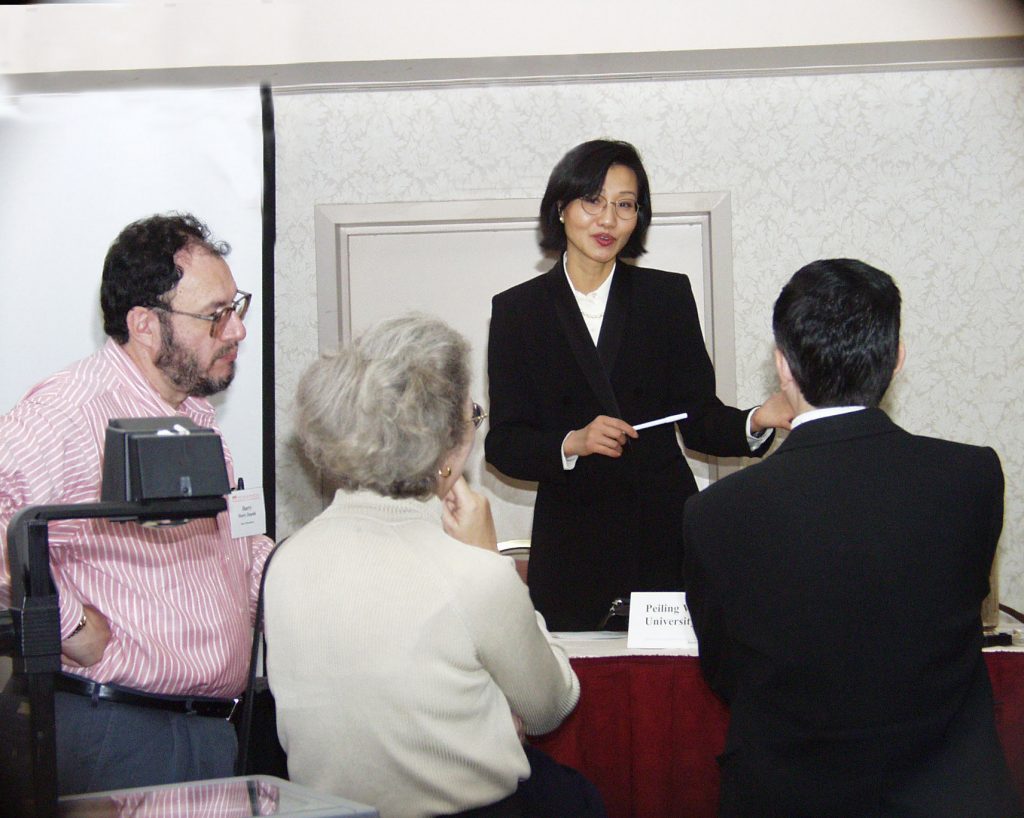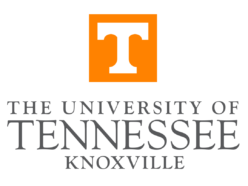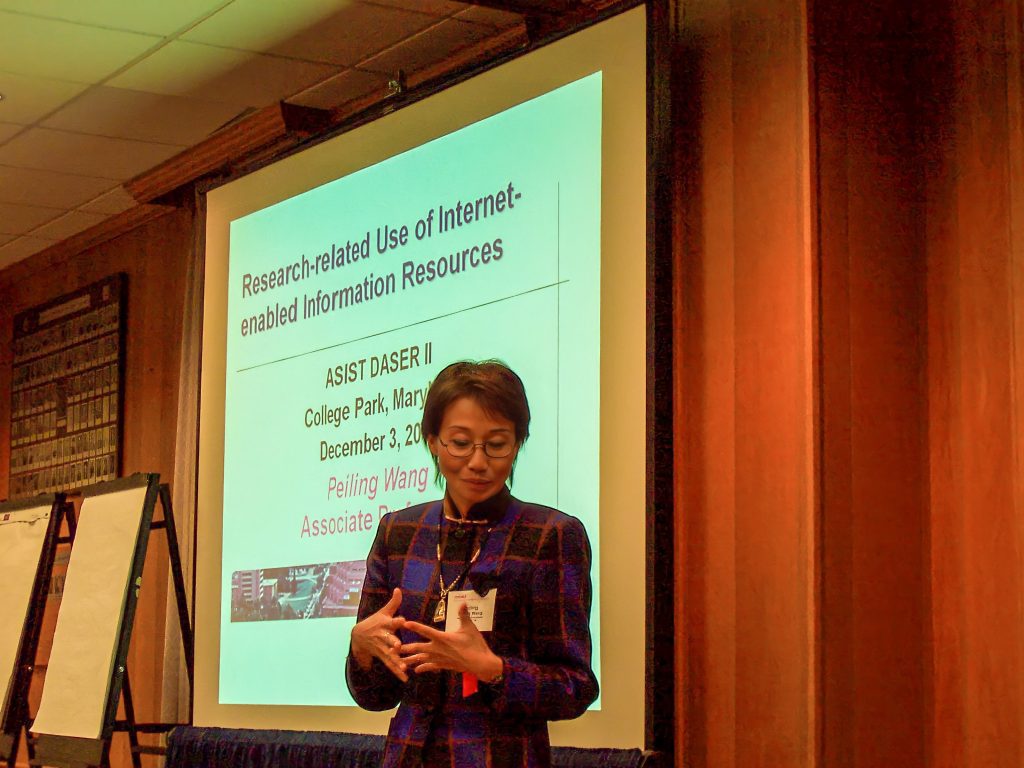
Teaching
I am a firm believer in learner-centered, outcome-based education and lifelong learning. As a teacher, I encourage my students to pursue a personal learning process towards authentic learning outcomes. All learners are not the same. Meaningful learning requires that students take the initiative to set realistic goals/objectives and conduct self-assessments to identify gaps and revise learning goals. Reflection is an important metacognitive process during which the learner goes beyond what happened to ask how and why questions and gain insights. Developing and presenting an ePortfolio can engage the learner in deep thinking and maximize learning outcomes beyond what a grade or a course evaluation can show.
To respond to the challenges of the 21st Century and to support lifelong learning, educators and learners have adopted ePortfolio as an effective pedagogy for transforming higher education from a teacher-centered to a learner-centered environment, from test-based to outcome-authenticated learning assessment. Through developing an ePortfolio, the learner collects and organizes learning artifacts and reflects on learning experiences and outcomes. Through publishing an ePortfolio, the learner selects a collection of artifacts to showcase knowledge and competencies and looks forward to the professional future.
The examples of ePortfolios developed by SIS MS graduates:
Current Research
Open Peer Review in Open Science
Peer review is the corner stone of scientific publishing and scholarly communication. Open Peer Review (OPR) brings transparency and openness into the process. There are various models for how to handle reviewer identity and review reports.
In collaboration with Dietmar Wolfram, we study the current landscape and trend of OPR adoption. We are also investigating how OPR can improve the quality of scientific literature using a text mining approach to analyze the wealth of never before available OPR data with a focus on biomedical OPR journals.
Expert Recommendations of Literature
Faculty Opinions (Formally F1000Prime) is a recommendation system of scientific publications. How do experts recommend the published research output in their specialties? What is the effect of recommendations on use of the recommended publications measured by citations?
Retractions of Biomedical Publications
According to COPE, retraction is “a mechanism for correcting and altering readers to articles that contain such seriously flawed or erroneous content or data that their findings and conclusions cannot be relied upon.” As science is growing, retractions in biomedical fields are increasing fast. The continued use of the retracted papers is a serious problem. Taking an information science perspective, I will investigate what factors contributed to such use. What can information systems do to inform users of the invalid scientific literature? What should libraries do in user instruction? Can AI help authors in the process of research from literature searching to manuscript submission?
Selected Publications

Peiling Wang; Jing Su (2021) Post-publication expert recommendations in faculty opinions (F1000Prime): Recommended articles and citations, Journal of Informetrics, https://doi.org/10.1016/j.joi.2021.101174
Dietmar Wolfram, Peiling Wang, & Fuad Abuzahra (2021). An exploration of referees’ comments published in open peer review journals: Characteristics of review language and the association between review scrutiny and citations. Research Evaluation. 1-9. doi: 10.1093/reseval/rvab005.
Peiling Wang, Joshua Williams, Nan Zhang, Qiang Wu (2020). F1000 Prime recommended articles and their citations: an exploratory study of four journals, Scientometrics. 125: 1033-1051. DOI :10.1007/s11192-019-03302-w. online November 30, 2019. Open Access.
Dietmar Wolfram, Peiling Wang, Adam Hembree, Hyoungjoo Park (2020). Open peer review: Promoting transparency in open science. Scientometrics. 125:1033-1051 http://link.springer.com/10.1007/s11192-020-03488-4 DOI: 10.1007/s11192-020-03488-4
Peiling Wang, Sukjin You, Manasa Rath, Dietmar Wolfram (2016). Open Peer Review: A Web Mining Study to Observe PeerJ Authors and Reviewers. Journal of Data and Information Science , September, 2016 [Open Access Journal]
Peiling Wang, William B. Hawk, and Carol Tenopir. (2000). Users’ Interaction with World Wide Web resources: An exploratory study using a holistic approach, Information Processing & Management, 36(2): 229-251.
Peiling Wang; Marilyn Domas White (1999). A cognitive model of document use during a research project. Study II: Decisions at reading and citing stages, JASIS, Vol. 50, No. 2, 98-114.
Peiling Wang (c2001). Methodologies and methods for user behavioral research. Annual Review of Information Science and Technology, Vol. 34, 1999, 53-99.
Peiling Wang & Dagobert Soergel (1998). A cognitive model of document use during a research project. Study I: Document selection, JASIS, Vol. 49, No. 2, 115-133. (Best JASIS Paper Award)
Some papers may be accessible from utk.academia.edu
Additional publications and H-index
Selected Publications
© 2022


